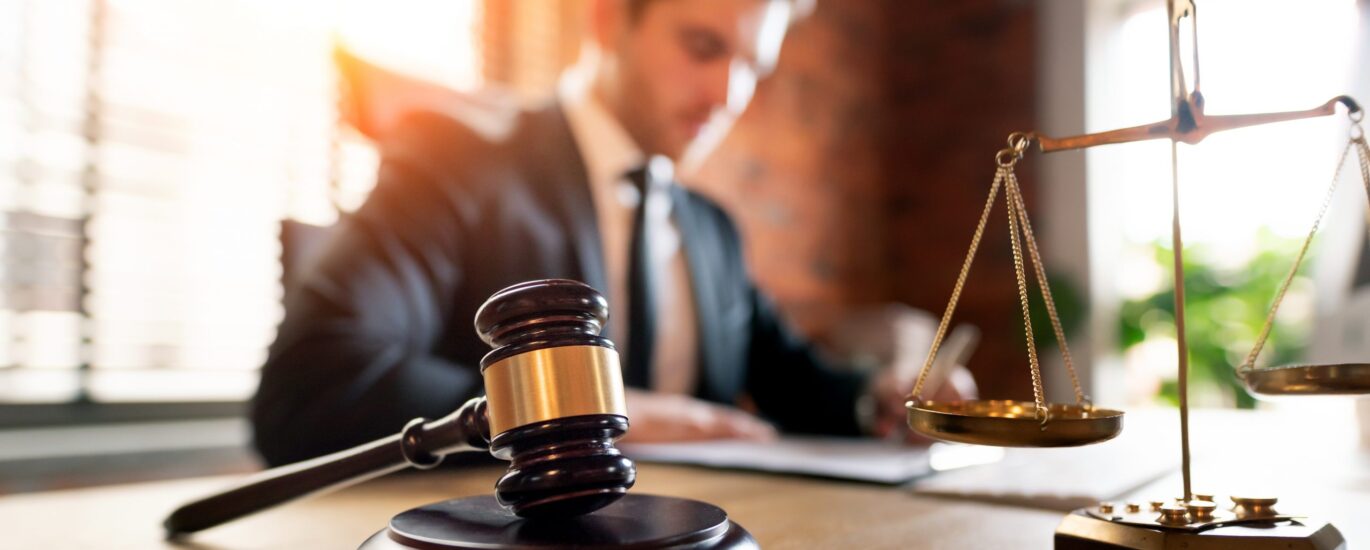
In the complex world of the legal system, the role of a criminal defense lawyer is both pivotal and multifaceted. These legal professionals are dedicated to protecting the rights of individuals accused of crimes, ensuring that every person receives a fair trial and that justice is served. With the weight of potential penalties—including jail time, fines, and a tarnished reputation—it’s crucial for defendants to have a knowledgeable advocate by their side. Criminal defense lawyers navigate intricate legal frameworks, analyze evidence, and craft compelling arguments to challenge the prosecution’s case.
Moreover, the relationship between a criminal defense lawyer and their client is built on trust and communication. From the initial consultation to the final verdict, these attorneys provide not only legal guidance but also emotional support during one of the most challenging times in their clients’ lives. Understanding the importance of their role, skilled defense lawyers work tirelessly to explore every possible avenue for a favorable outcome, whether through negotiation, trial, or plea deals. In this article, we will delve deeper into the responsibilities, strategies, and impact of criminal defense lawyers within the justice system.
Responsibilities of Criminal Defense Lawyers
Criminal defense lawyers carry a heavy responsibility, which encompasses not only legal representation but also ensuring their clients understand the intricacies of the charges they face. They meticulously gather evidence, interview witnesses, and scrutinize police procedures to identify any potential violations of their client’s rights. This comprehensive approach is essential as it aids in constructing a robust defense strategy tailored to the unique circumstances of each case. Additionally, effective communication with clients is crucial, as it fosters trust and allows for informed decision-making throughout the legal process. Engaging a skilled criminal defense attorney can significantly impact the trajectory of a case, as experienced lawyers are adept at negotiating with prosecutors and can often secure more favorable outcomes.

Impact on the Justice System
The presence of dedicated criminal defense lawyers upholds the foundational principle of justice, which posits that every individual deserves a fair chance to defend themselves against accusations. Their diligent efforts not only safeguard the rights of the accused but also contribute to the overall integrity of the legal system. By challenging unjust charges or disproving unfounded allegations, criminal defense attorneys help prevent wrongful convictions, thereby fostering public trust in legal institutions. Furthermore, their involvement often leads to more just outcomes, emphasizing rehabilitation over punishment in cases where it’s appropriate, ultimately benefiting society as a whole.
In conclusion, the role of a criminal defense lawyer is indispensable in ensuring that justice prevails within the legal system. These attorneys not only provide crucial legal representation but also serve as advocates for the rights and dignity of their clients, navigating complex legal landscapes with guidance and compassion. By dedicating themselves to understanding the unique circumstances of each case and employing a strategic approach to defense, they help maintain the delicate balance of justice, guarding against the potential for wrongful convictions and advocating for outcomes that prioritize fairness and rehabilitation. As gatekeepers of legal rights, criminal defense lawyers play a vital role in fostering a just society, reinforcing the belief that every individual deserves the opportunity to defend themselves and that the legal system should function to protect, rather than undermine, the principles of equity and due process.






